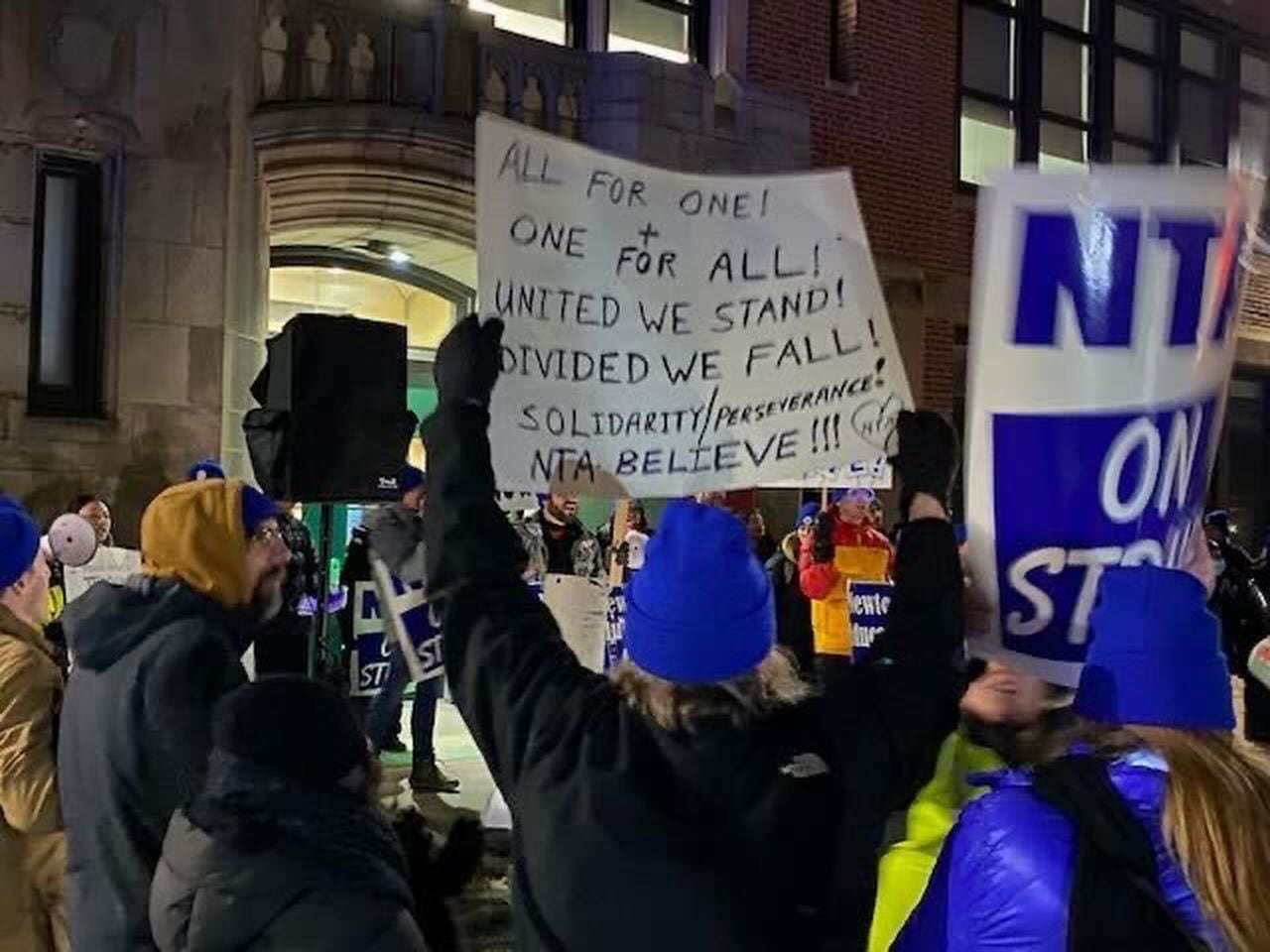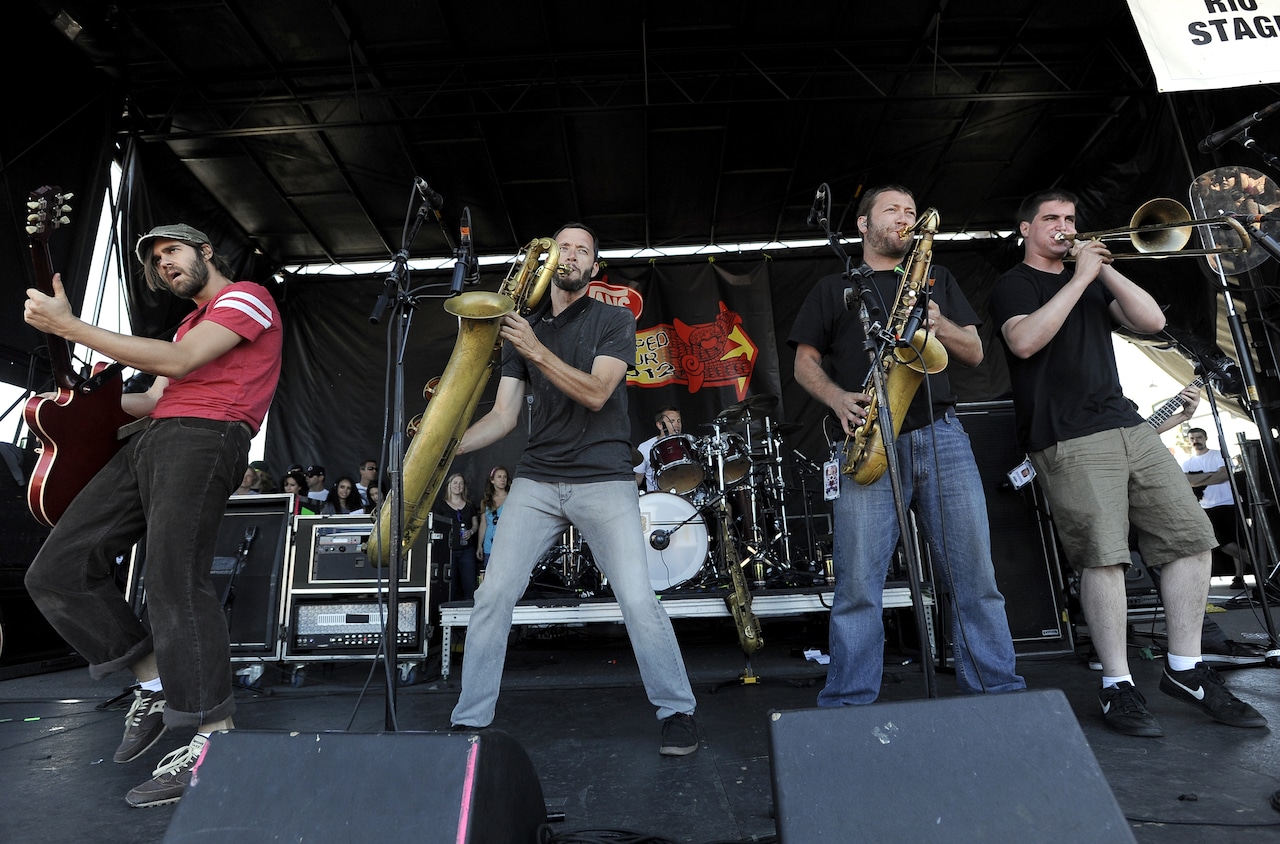
While educators in Newton ended their strike last week after reaching an agreement with the school committee, the historic walkout prompted some to question how prevalent strikes may become in future contract negotiations in other districts.
While strikes are illegal in Massachusetts, teachers’ unions in Andover, Malden, Brookline, Woburn and Haverhill organizing similar strikes — but none lasted as long as Newton.
Newton’s strike was the longest teacher work stoppage to happen in Massachusetts since the 1990s, according to The Boston Globe.
Beyond the lost days of school, the strike also cost the district well over $1 million, and resulted in two families asking the court to take further action to pressure the union to end the strike.
“It shows communities that strikes are possible, but it also shows that communities do not appreciate strikes,” Glenn Koocher, the executive director of the Massachusetts Association of School Committees, told MassLive.
Koocher said it has become a “well-known tactic” for teacher unions to call a strike to put pressure on negotiating a settlement. They’ll call a strike on a Friday, and then negotiate throughout the weekend to get a deal, so that schools can reopen schools by Monday.
Koocher said he thinks strikes now are being experimented with to see how effective they are as a negotiating tool. Whether it will become a successful one is still an open question, Koocher said.
“We’ll see what happens when communities threatened with the possibility of strikes deal with voting overrides — Proposition 2 1/2 — to get the money to fund these contracts,” Koocher said, referring to the state law which restricts the amount of property tax revenue a community can raise.
A Proposition 2 1/2 override refers to when a community votes to determine if they will raise taxes by 2.5 percent.
Max Page, the president of the Massachusetts Teachers Association, said the number of strikes has been low in Massachusetts, with only seven of 400 local communities who are part of the association taking strike votes in the past five years.
“It’s important to note that in the midst of the strikes that happened in Andover and then happened in Newton, there were other many other settlements,” Page said.
He said strikes only happen when educators feel like they have no other choice.
While he can’t determine whether another community will be striking in the near future, Page said there are active union campaigns happening in Gloucester, Hingham and Avon.
Page said educators — especially in the wake of the pandemic — have more expectations and are “impatient to win improvements to their schools,” Page said.
Looking across districts, educators are attempting to see how others have been able to make headway in negotiating and are “raising their expectations about what public school educators need and deserve,” Page said.
“I think members across the state look at the gains that have been won both because they went on strike and others that had very strong, compelling contract campaigns,” Page said.
At the same time, Page said the issues unions are fighting for aren’t new — in a lot of cases educators have been fighting for pay increases and paid parental leave for a long time.
For Page, the key to reducing strikes isn’t by imposing fines or adding high-priced lawyers to the negotiating table — it is by passing a bill that would legalize strikes for public sector employees after six months of negotiations, with the exception of public safety employees.
Page said the “clock would start ticking” for negotiations to happen more quickly.
“It’s a human right to be able to withhold one’s labor as a form of improving working conditions and we believe that the right to strike would actually lead to fewer strikes,” Page said.
“No educator wants to go on strike and they are willing to spend a lot of time negotiating and really trying every avenue to reach a fair agreement … but certainly members are also not going to take bad contracts that don’t address core issues,” Page later added.
Koocher said he doesn’t agree with the tactic of strikes.
“If this is the tactic they’re going to use — no one likes to be threatened,” Koocher said.
“The ultimate bullying tactic is a strike,” Koocher later added.






